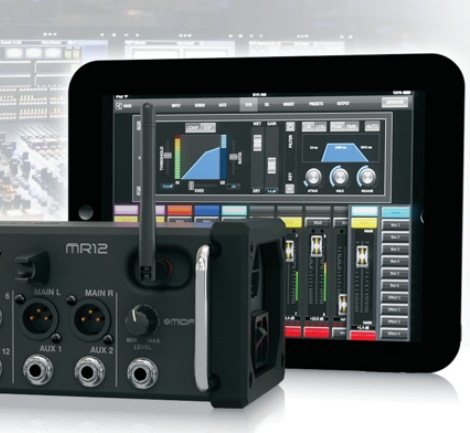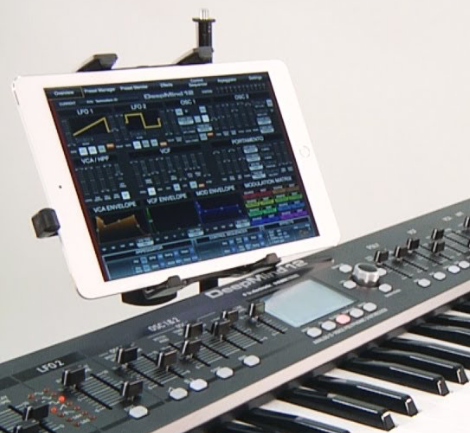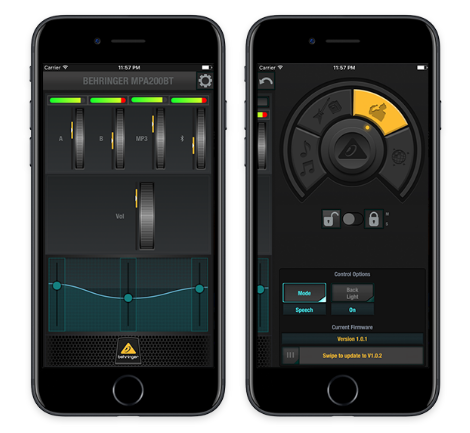Change agent
Designer
Cynical Optimist





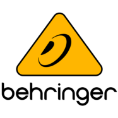


A bit about me
. . .
I’m a long-time problem-solver who started designing for small businesses in my hometown in Ireland, back in 2011.
Several years, four countries, a degree, an internship, a bunch of freelance gigs, multiple collaborations with global brands and many, many lessons later - I have changed dramatically.
I am now a problem-solving designer who values human-centred design, an agile/lean process (it gets stuff done) and a good challenge. I enjoy discovering user needs, the nitty gritty of figuring out complex systems and producing slick aesthetics to provide innovative and intuitive experiences for my users.
I care about accessibility, cool tools, new tech, not destroying the planet and staying plugged-in with design world.
My Toolkit
One size does not fit all
. . .
With most things in life, the answer is “it depends”, design is no exception. Depending on the problem that I’m facing, I will tailor my process to suit the needs of the project in order to achieve the best possible solution.
Explore my process below to get an idea of what to expect when working with me.
User research, information gathering, analysis and organisation.
Understanding a design problem means exploring beyond the design brief. Establishing the user expectations of a product is key when it comes to offering people a pleasant and intuitive experience.
Who are they, how does your product support them and their jobs to be done? How do they currently accomplish these tasks and how do they feel about the current toolset available to them?
The answers to these questions form patterns that provide direction for informed decision making in a human-centred
design process.
Workflow, information architecture and wireframing.
This concept stage is where I start to put the puzzle pieces of user needs, potential workflows, and possible layouts together. This will assist in establishing logical and user-friendly information architecture.
This part of the process yields a number of ideas to be explored, deliverables such as potential architecture of layout and flows can be expected at this stage.
IDEATION
PROTOTYPE
Interactive wireframes, proof of concept, workflow demonstration.
Taking the most promising concepts, I will bring them beyond wireframe stage by producing usable low-fidelity prototypes which demostrate proposed interactions.
This will provide a proof of concept not only for stakeholders but also testers and developers who may have valuable insight on the proposed flow at this early stage.
Usability evaluation, sanity check.
Testing at this stage is to ensure all of the pieces that have been put together earlier in the process fit nicely.
The intent is to gather feedback via observation and open dialog on the most desirable and effective solution proposed.
Oftentimes, this means taking components from multiple iterations and combining them, or another form of amendment based on discoveries found. These amendments are made to improve the usability of the product and general satisfaction of the users. They are informed decisions based on research analysis.
WORKFLOW TEST
STYLISE
High-fidelity interactive prototype, ready for action.
By the time styling and high-fidelity mock-ups come into play, the IA, layout and workflows are nailed down (at least for a specific element within a project).
This is where the production of detailed aesthetics comes in to play, either using an established guideline or creating a new one.
Documentation of this process is essential. It aids in the creation of pattern libraries and design systems which facilitate for team collaboration and ensures a consistent language for your users; fostering user-fluency within the eco-system of your product.
User experience evaluation.
By the time a style has been applied to the product, testing is the next step. It’s imperative to ensure that the style adds to the usability as opposed to compromising it.
Testing at this stage focuses on the discoverability, readability and general delight of users with the product.
TEST (AGAIN)!
ITERATE
Taking the product to the next level.
Once a design is live, a product will evolve. Not all user needs are the same, a subset of users might use the product to solve case-specific problems.
These case studies identify additional needs of the marketplace, which provides an opportunity to respond to new user needs that go beyond bug-fixing.
This creates demand for additional iterations (or products) to enable users, assuring a healthy life-cycle for the product through continuous improvement.
Including but not limited to
. . .
After spending some time in Berlin's Fintech scene, I'm now a part of the HelloTech team at HelloFresh. Why not get in touch? I can talk you through some of the research, validation and design involved in bringing our projects to life.
I have also worked on the UI/UX design of a project with the design team at Midas Research and Development in Manchester, this will be available to view upon release of the product - here's one of the teaser videos:
In the meantime, here are some examples of projects that I have worked on.
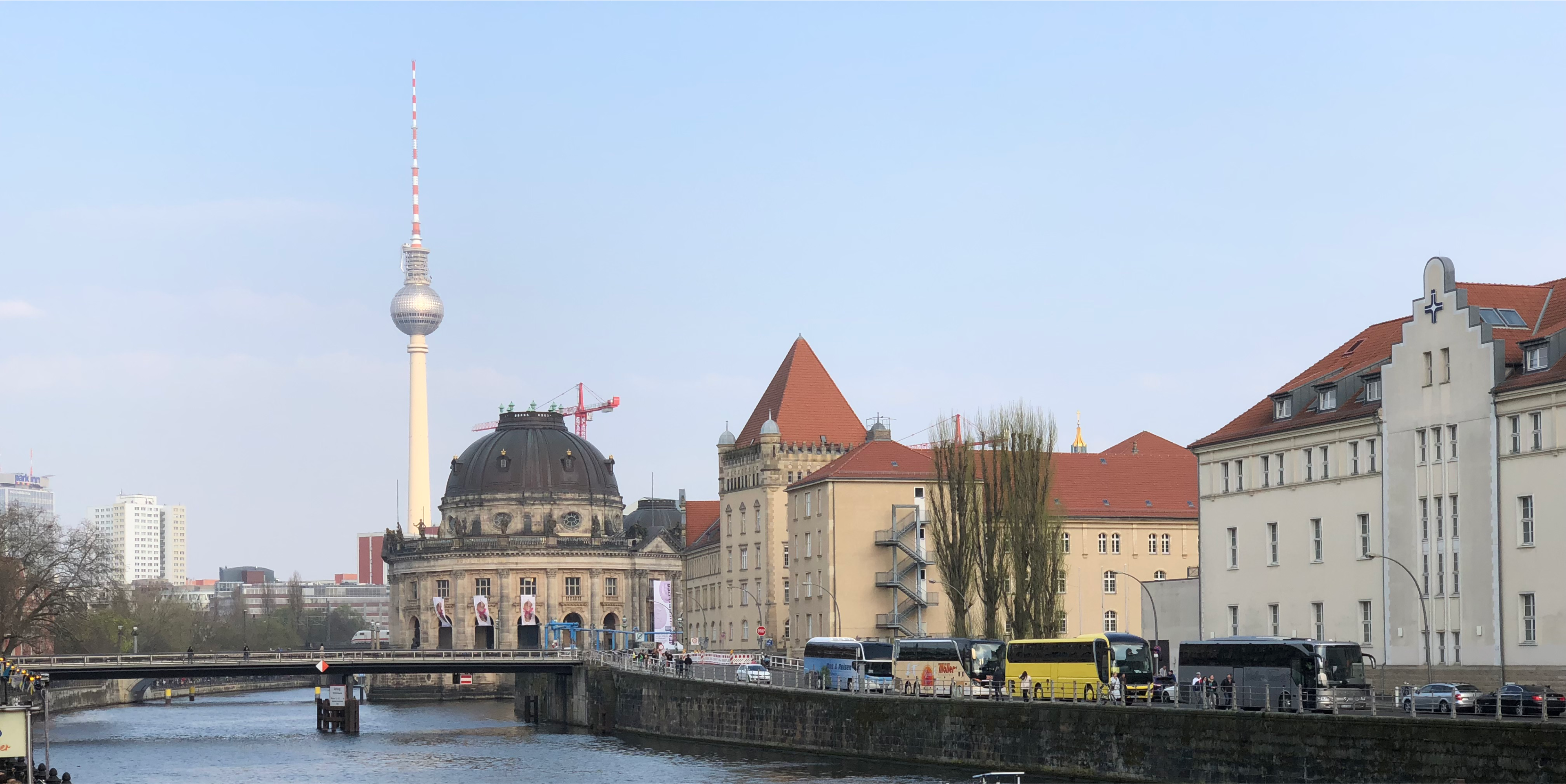
Ich wohne in Berlin
With an amazing start-up scene in the tech hub of Europe, I am delighted to live in Berlin where opportunities to create, collaborate and explore wait around every corner.
Want to know more? Let’s chat.
Email me.




